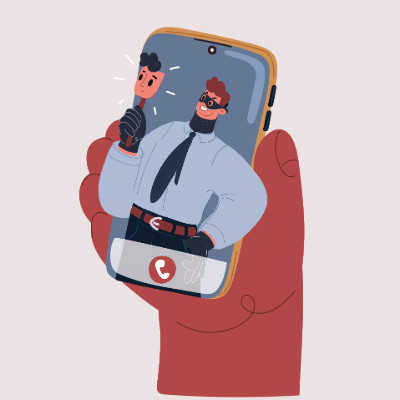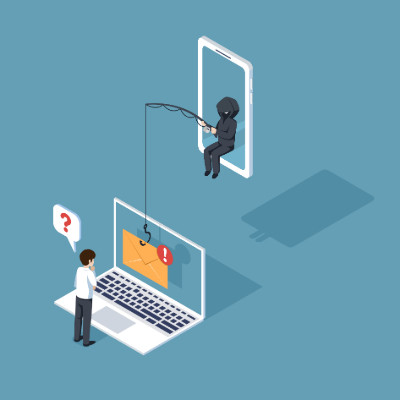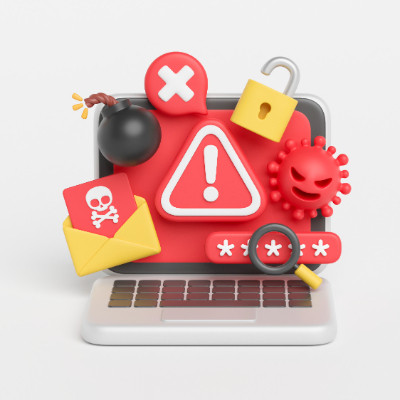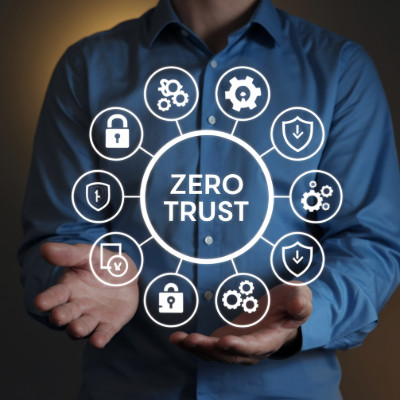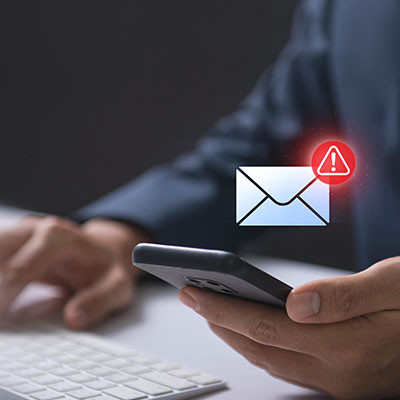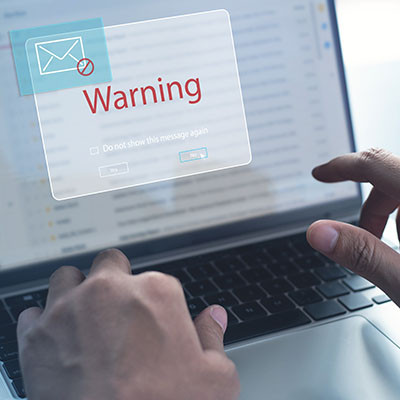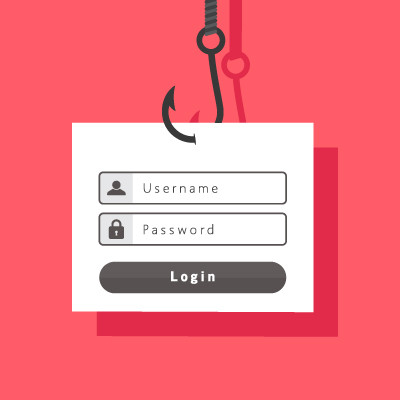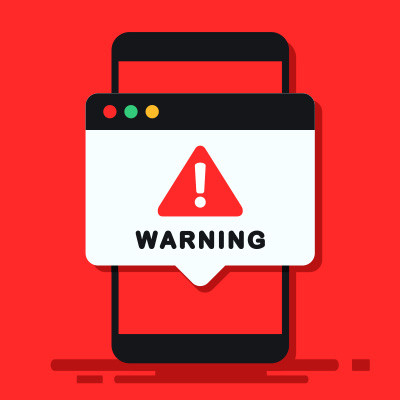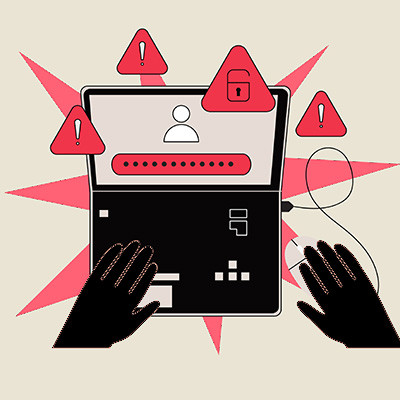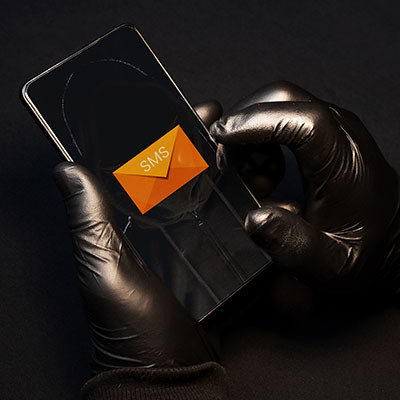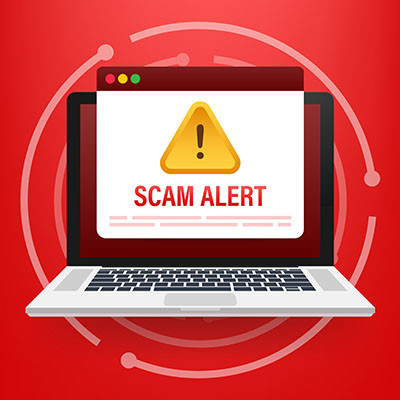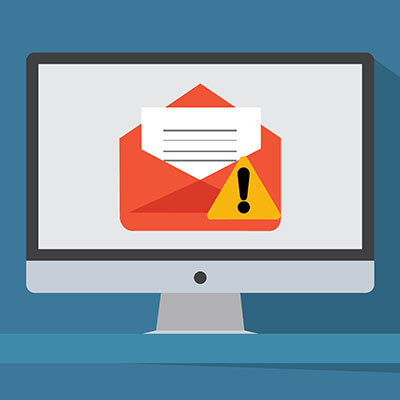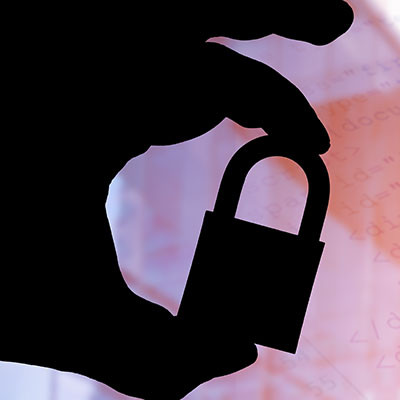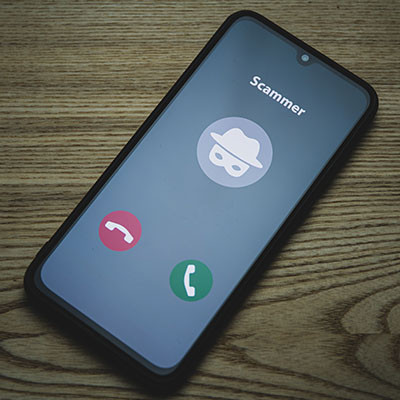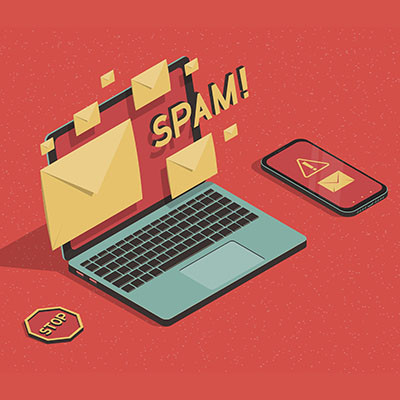The greatest vulnerability in your business’ network security actually has nothing to do at all with the systems in place. It’s actually your employees who will ultimately put your company at risk. Hackers rely on the fact that your team is busy, stressed, and trying to be helpful, and this helps hackers engineer moments where employees will click first and ask questions later, much to your business’ detriment.
Poweron Technology Blog
Your business’ relationship with IT has a direct correlation to how well it operates. If your technology fails, your business suffers productivity losses, as well as financial ones due to decreased reliability in the eyes of customers and clients. One of the best ways to ensure you’re following through on the promises you make to your customers is to implement a proactive IT strategy to replace the reactive approaches seen in the past.
All businesses need a little IT assistance from time to time, whether it’s for a simple hiccup some software or a full-blown technology emergency. Cybercriminals will often pose as IT support in attempts to capture this low-hanging fruit. Your employees should know how to spot the following warning signs from a fraudulent tech support squad.
Cyberscams can be incredibly well-crafted and dangerous, and a significant portion of this danger stems from the scammer's ability to effectively utilize the psychological triggers that we all possess to some degree. Modern security training tends to focus on what signs we all need to keep an eye out for—and for good reason—but it does little to explore why modern scams are as effective as they are.
Let’s fix that by taking a moment to examine the tricks the scammers play so you can be that much more prepared to stop them by understanding how they work.
The constant chatter about cybersecurity can really be overwhelming. While some Internet tales might be exaggerated, the reality is that these cybersecurity risks are a serious concern for every business. Is your organization truly prepared to confront the sophisticated digital adversaries of our time? Let’s take a look at three prevalent cyberthreats that could inflict significant damage on a business, and what you can do to keep them from negatively impacting yours.
We're all busy. Whether you're steering the ship or making sure the daily operations run smoothly, cybersecurity might feel like another drain on your time. Imagine a day when everything grinds to a halt, trust evaporates, or significant money vanishes into thin air. These aren't abstract fears; they are all-too-real consequences of cybersecurity oversights, creating moments that everyone in a business, from top to bottom, desperately wants to avoid… and can.
The world of cybersecurity is in constant flux, demanding that organizations continually reassess their defensive strategies. A traditional focus solely on preventing breaches, while important, is proving insufficient in the face of sophisticated and persistent threats. As highlighted in a recent Illumio podcast episode, "Trust & Resilience: The New Frontlines of Cybersecurity," the very foundation of digital interaction—trust—has ironically become a primary vulnerability exploited by attackers. This necessitates a fundamental shift in perspective.
Phishing is the most common way hackers “get you,” so /to speak, but have you ever wondered why it’s so effective? Today, we want to explore the reasons why phishing schemes are so enticing to even the most security-conscious individuals out there. You might be surprised to know that even security professionals can fall prey to these types of attacks, and for very good reasons.
Did you know that phishing is, by far, the most common security risk to your business? Just think, any of your employees could become the target of a phishing attack, and all it would take is downloading the wrong file or clicking on the wrong link to expose your organization to security threats. Today, we want to offer a refresher on the throwaway signs of a phishing attack and how to protect yourself and your team from harm.
There’s never been a more dangerous time to run a business. Okay, maybe that’s not necessarily true, but hear me out. With digital technology taking on a greater importance for businesses than ever before, companies have to contend with countless threats—including the ever-popular phishing scams—regardless of their geographical location.
The constant fear of falling victim to scams has become a harsh reality and is far from ideal. However, the good news is that there is always time to acquire the skills needed to avoid such scams. Let's explore ways to enhance awareness regarding the challenges posed by scams, not only in a business context but also in everyday life.
We discuss phishing often on this blog, and one method that often flies under the radar is smishing, or phishing that is conducted through SMS messages. Although email phishing is perhaps the most common method of conducting these scams, you should also be prepared to take on smishing, as it comes with its own share of unique challenges and dangers.
Scams are everywhere in our highly digitized world, which makes it especially important that everyone is prepared to deal with them—both personally and professionally. The publication Consumer Reports’ cover feature for its August 2023 edition is dedicated to exactly this goal: helping its readers avoid the various scams and threats out there. Let’s look at some of the advice shared in the article, and compare it to the best practices we recommend.
Amazon Prime subscribers recently received an email from the online marketplace, warning them of the prevalence of scams that took advantage of their offerings and brand recognition. Let’s go through the advice that this email shared, and compare it to the best practices we recommend for avoiding scams.
AI—artificial intelligence—has been a hot topic as of late, with it seemingly being used for any purpose you can imagine nowadays. Unfortunately, this has also included cybercrime.
However, just as AI can be a weapon for cybercriminals to use, it can also be a shield to help protect your business from threats. For instance, in phishing prevention.
Phishing attacks have consistently been prominent in cybercrime throughout the past few years, not only due to their efficacy but also because there are so many avenues wherein phishing can be attempted. The first that comes to mind is email, of course, but you and your team need to keep these others in mind.
Take, for instance, a phishing voicemail…dubbed, naturally, a “phoicemail.”
I’m talking about when the heir to the Nigerian throne would reach out to your Hotmail account to help him secure his inheritance, or when an attractive woman or man you’ve never met before would email you out of the blue asking if you were single; spam has always been annoying, but back then, it was clearly just junk that could be ignored.
Today, it’s not so simple.



